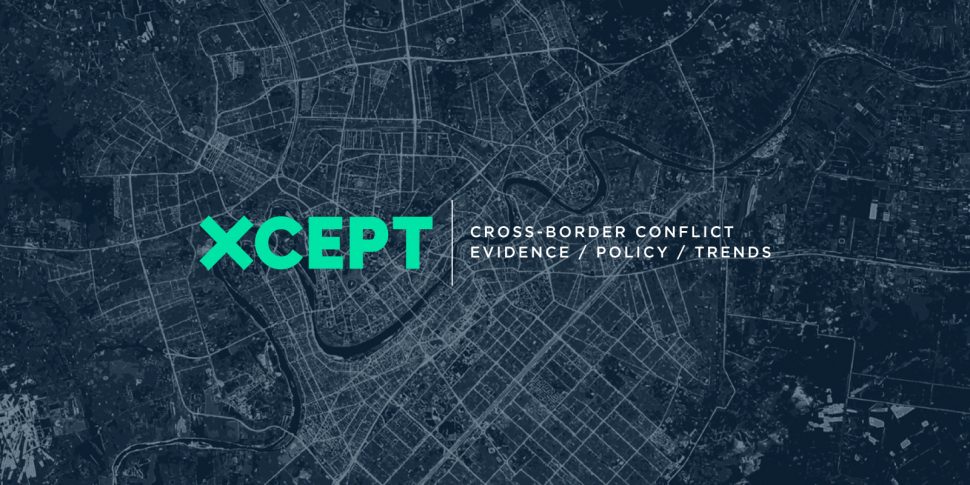In 2010, we conducted an extensive study of radicalisation and de-radicalisation within prison systems. We compared 15 countries, analysing prison regimes, patterns of radicalisation, and good practices for re-integration and rehabilitation.
The findings were used by governments such as the Netherlands, Australia, and the United States to guide policy and train staff.
Since the publication of that study, the situation in Europe has dramatically changed – both in relation to numbers and extremists’ backgrounds:
- There are significantly more extremist prisoners in European prisons, both as a result of the rise of Daesh/ISIS and an increase in far-right extremism.
- Many of these individuals have been incarcerated for comparatively short sentences (under 3 years), and will be released in the foreseeable future.
- As a recent ICSR study showed, many recruits of so-called Islamic State have criminal pasts and had previously spent time in prison. In Germany, two-thirds of the country’s ‘foreign fighters’ were known as petty criminals or gang members. Similar figures exist for Belgium (50%), France (50%), the Netherlands (>60%), and Norway (>60%).
In short, prisons have become more important as focal points in the radicalisation process, and are likely to remain central in relation to prevention and intervention(s). It is vitally important to continue to learn from each other’s experiences, and understand the dynamics and consequences of different types of extremist offender management.
The aim of this project was to utilise the successful methodology and approach of our 2010 study to provide an up to date survey of best practices in extremist offender management among countries in Europe facing the same or similar problems. The objective, in other words, is to provide a comprehensive, academically rigorous yet readable baseline assessment of practices in extremist offender management, which can be used as a basis for structured dialogue, policy-making, policy development, and further studies and research.
Our updated study, alongside with ten detailed country reports, was published in July 2020.

